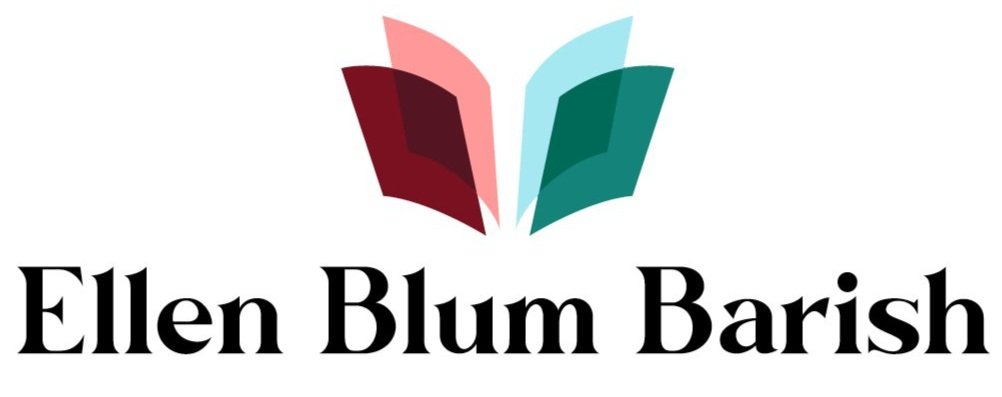Righting a Wrong in Words
I spent a decade writing a memoir that - at its heart - was about righting a wrong and I’ve learned a few things about apology and forgiveness.
First, feeling regretful or needing an apology is uniquely human.
Second, saying you are sorry or that you forgive is really hard.
And third, apologizing or asking for forgiveness can be expressed in infinite ways.
It’s this last point that has my attention as I prepare to teach a workshop on “Writing Wrongs” at the Lighthouse Lit Fest in June.
The subject is rich terrain for the wordsmith. We all mess up and have either apologized or wished we had. We all have either asked for forgiveness, or needed to and didn’t.
To highlight the various ways human beings fumble around apology and forgiveness in words, I’ve been searching for a range of content and thought I’d share a few good examples here.
“You should feel sorry.”
In his book, “Between the World and Me,”Ta-Nehisi Coates tells about his first experience being held at gunpoint in his own neighborhood. The message is feel sorry, what will you do about it?
“I remember being amazed that death could so easily rise up from the nothing of a boyish afternoon, billow up like fog. I knew that West Baltimore where I lived and the north side of Philadelphia where my cousins lived and the southside of Chicago where the friends of my father lived comprised a world apart. Somewhere out there beyond the firmament, past the asteroid belt, there were other worlds where children did not regularly fear for their bodies.”
“I forgive you. And me.”
In her radio story “NRA vs NEA“ Sarah Vowell sees herself in her dad for the first time in spite a of a lifetime of political/professional differences. Sarah Vowell was a radio music reporter. Her dad is a lover of firearms. Sarah accompanies him to the mountains in Bozeman, MT to witness him shooting off his homemade cannon.
“Dad shoots the cannon again so they [hikers] can see how it works. One hiker says, “That’s quite a machine you got there.” But he isn’t talking about the cannon. He’s talking about my tape recorder and my microphone – which is called a shotgun mike. I stare back at him, then I look over at my father’s cannon, then down at the microphone and I think, Oh. My. God. My dad and I are the same person. We’re both smart-aleky loners with goofy projects and weird equipment. And since this whole target practice outing was my idea, I was no longer his adversary. I was his accomplice. What’s worse, I was liking it.”
“I’m sorry and I want to do better.”
Elizabeth Gilbert expresses herself on Facebook, offering a profound self-integrity check.
Did I give Bill Clinton a complete and total pass on being a lying skank about women, because he was my guy and I liked his politics? Answer: Yes.
Do I preach love and courage and peace and inclusion, but then use my social media platforms to spew rage and fear and panic and condemnation? Do I constantly use the language of war, with the delusion that this will somehow lead to peace? Answer: Yes.
Do I make blanket proclamations about how “we women are angry,” or “we women will rise up and take our revenge” — ignoring the fact that literally millions of women have completely different beliefs from me? Answer: yes.
I may put too much stock in them, but it seems to me that words can have a direct and non-invasive power to undo a wrong.
If only we - or the people who wrong us - can just take a few moments to find them.
Coming Up
“Writing Wrongs,” Lighthouse Lit Fest. Online. June 14
“Deconstructing Didion,” Story Studio Chicago, Online. June 29
Image: Brenda Lee’s album cover for “I’m Sorry.”
